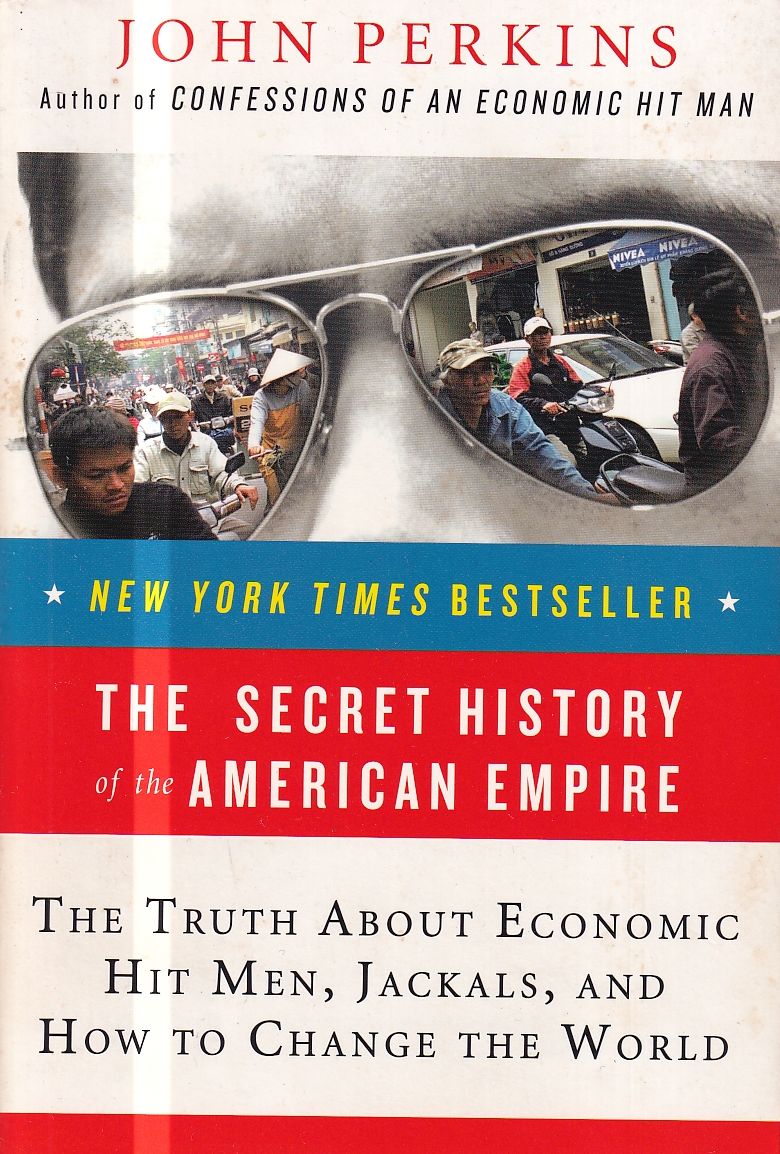Description
- This book is in a reasonable condition.
- There are small yellow stains throughout.
“The Secret History of the American Empire: Economic Hit Men, Jackals, and the Truth about Global Corruption” by John Perkins is a thought-provoking and eye-opening exploration of the hidden forces and machinations behind American foreign policy and economic imperialism. Building on his previous work, “Confessions of an Economic Hit Man,” Perkins delves deeper into the covert operations and strategies used by powerful institutions and governments to exert control over other nations.
Key themes and insights from “The Secret History of the American Empire” include:
1. **Economic Hit Men**: Perkins reveals the role of economic hit men (EHMs) in furthering the interests of American corporations and the political elite. These EHMs, often employed by organizations like the World Bank and the IMF, use debt, bribery, and coercion to manipulate foreign governments into serving the interests of U.S. corporations and maintaining global economic dominance.
2. **Jackals and Assassinations**: The book explores the darker side of American imperialism, including the use of covert operations and assassinations to overthrow foreign leaders who resist American influence or threaten corporate interests. Perkins sheds light on the role of intelligence agencies and military contractors in destabilizing governments and installing puppet regimes.
3. **Corporate Globalization**: Perkins examines the rise of corporate globalization and its impact on developing countries. He exposes the exploitation of natural resources, labor, and markets by multinational corporations, often with the complicity of corrupt local elites and governments.
4. **Resource Extraction and Environmental Destruction**: The book highlights the devastating environmental consequences of America’s imperialist policies, particularly in regions rich in oil, minerals, and other natural resources. Perkins discusses the role of corporations in plundering and polluting the environment, exacerbating climate change, and disregarding the rights of indigenous peoples.
5. **Resistance and Alternatives**: Despite the overwhelming power of the American empire, Perkins identifies instances of resistance and grassroots movements fighting against exploitation and injustice. He also explores alternative models of development based on principles of sustainability, social justice, and self-determination.
6. **The Role of the Media and Education**: Perkins criticizes the mainstream media and educational institutions for perpetuating myths and propaganda that serve the interests of the American empire. He calls for greater transparency, accountability, and critical thinking to challenge dominant narratives and foster a more informed and engaged citizenry.
7. **Hope for Change**: While “The Secret History of the American Empire” exposes the dark underbelly of American imperialism, Perkins remains optimistic about the potential for positive change. He believes that by exposing the truth and mobilizing public pressure, individuals and communities can work towards a more just and equitable world.
Overall, “The Secret History of the American Empire” offers a compelling critique of American foreign policy and corporate power, urging readers to question authority, challenge injustice, and strive for a more democratic and humane world order.




